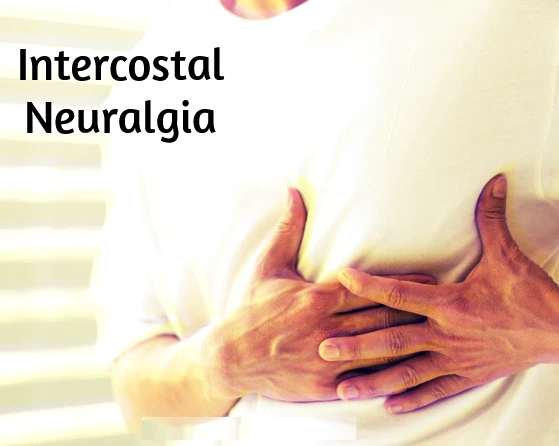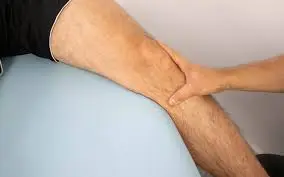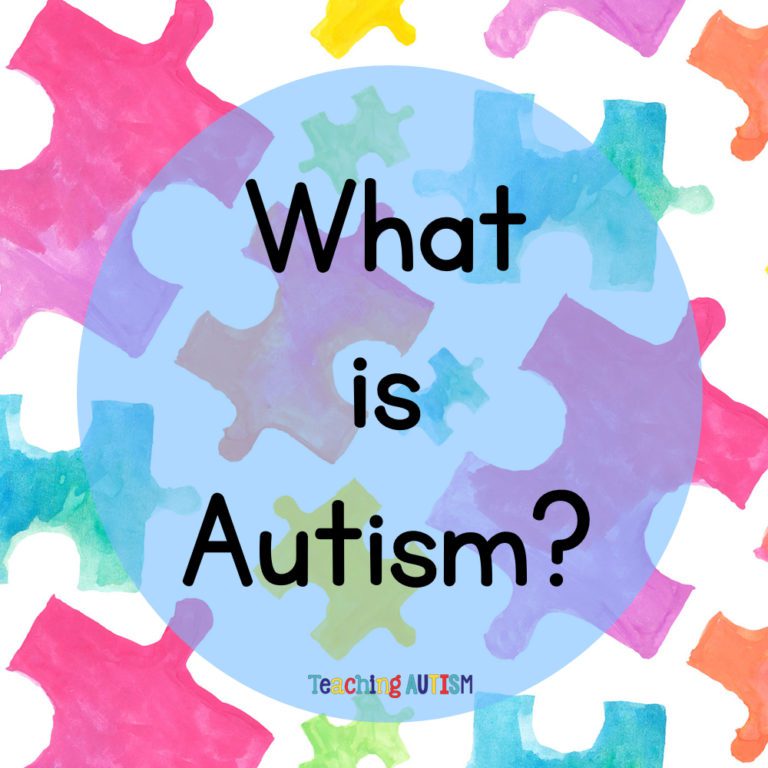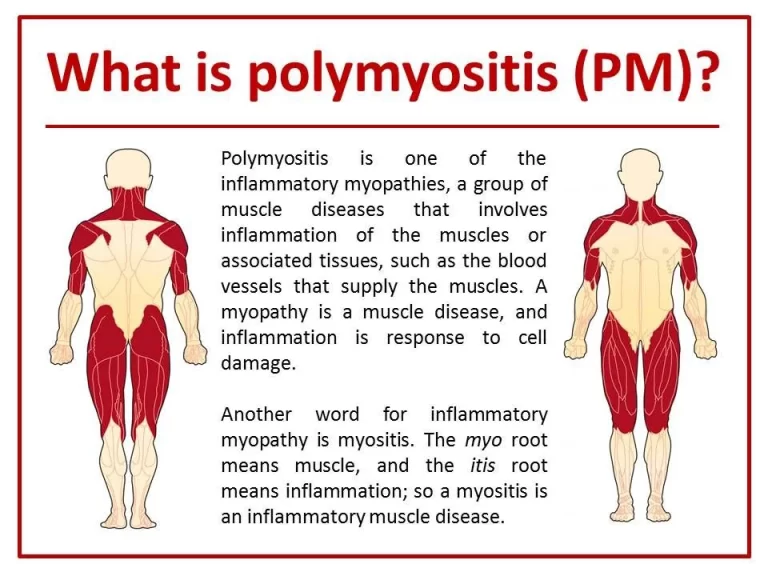Intercostal Neuralgia
Table of Contents
What is Intercostal Neuralgia?
Neuropathic pain affecting the intercostal nerves is known as intercostal neuralgia. These are the nerves that emerge below the ribs from the spinal cord.
Your chest wall and upper trunk are affected by thoracic discomfort, which is typically brought on by intercostal neuralgia.
- The hallmark of intercostal neuralgia is neuropathic pain in the affected intercostal nerve(s)’ distribution (along the ribs, chest, or belly).
- This pain is typically intense, aching, radiating, burning, or stabbing, and it may also be accompanied by paresthesia, such as tingling and numbness.
- The discomfort usually manifests as a band-like ache wrapping around the chest and back or in a thoracic dermatomal pattern.
- It can be intermittent or chronic. Pain may be severe and persistent, even after the initial stages of the disease process have passed. Most symptoms are sensory in nature, though in more severe cases, the motor function may also be compromised.
- Treatment approaches are identical despite the fact that the disease has multiple cause processes, the pathways through which pain is transmitted are unchanged.
Origin
- Direct or indirect damage to the intercostal nerve that results in inflammation can be caused by a number of different methods.
- Damage to the thoracic wall and nerves resulting from thoracotomy (acute and chronic phases, resulting in post-thoracotomy pain syndrome [PTPS]) and herpes zoster (HZ) infection in the acute reactivation phase and chronically a condition known as post-herpetic neuralgia [PHN]) are likely the two most well-known and frequent causes of intercostal neuritis/neuralgia.
- However, there are numerous more uncommon causes, such as surgical procedures such as mastectomy or other breast surgeries, traumatic injury, iatrogenic (after chest tube implantation), anatomic compression, pregnancy, inflammatory/reactive, viral, or neoplastic, to mention a few.
What are the symptoms of Intercostal Neuralgia?
Intercostal neuralgia’s primary symptom is a searing, stabbing, or shooting pain. One might experience this discomfort as:
- surrounding the upper chest’s ribs
- in the upper back
- In certain regions,
- other symptoms include
- Tingling numbness and a pressing, squeezing feeling that encircles the chest from front to rear
Even with mild physical activity like stretching or deep breathing, the pain may still seem worse. Additionally, it could get worse if you sneeze, cough, or laugh. Some report experiencing transferred discomfort in the lower pelvis or shoulder blade.
Pain that you experience in an area other than the one that is injured is referred to as pain. Postherpetic neuralgia, or intercostal neuralgia brought on by the shingles virus, can also produce acute skin sensitivity and itching, even while wearing clothes.
More severe intercostal neuralgia symptoms include
- uncontrollably twitching muscles
- appetite decline
- immobility
- muscle wasting
- Anguish that resembles a lightning strike
How Does the Pain of Intercostal Neuralgia Feel?
The primary complaint of individuals suffering from intercostal neuralgia is pain around the rib cage. Individuals who suffer from this kind of rib pain could characterize it as:
- Sharp
- cutting,
- tender
- aching
- chewing
- burning,
- Spasm-like
This pain could be in your upper chest, back, or the area surrounding your ribs. The discomfort may originate in the back and travel all the way to the chest, or it may just radiate there. Occasionally, the entire length of the ribcage may hurt. Episodes of pain are usually intermittent and can get worse with movement, such as
- Elevating
- Torso rotation and twisting
- Coughing
- sneezing
- giggling
- Taking deep breaths
Additional signs of intercostal neuralgia could be:
- Stomach ache
- High temperature
- Itching
- Numbness
- Tingling
- Limited shoulder and back mobility
- A feeling of constriction extending from your front chest to your back
Referred pain, or linked pain that manifests in a bodily region that is unaffected, can also happen to certain persons. People who suffer from intercostal neuralgia frequently experience discomfort in the lower pelvis and shoulder blades.
What causes Intercostal Neuralgia?
Your intercostal nerves, located right below your ribs, can become inflamed, compressed, or irritated, which results in intercostal neuralgia. Compression or inflammation of the intercostal nerves results in intercostal neuralgia. Intercostal nerve discomfort can result from a variety of conditions, including nerve disorders and injuries to the muscles or bones.
There are multiple potential explanations for this, such as:
- Injury to your chest
- Viral diseases like shingles
- Pressure or entrapment of nerves
- Damage resulting from a thoracotomy, a surgical surgery that opens your chest to access your heart, lungs, throat, or diaphragm
Chest trauma or muscle injury
- Intercostal neuralgia can be brought on by chest trauma such as a bruised chest or broken ribs.
- Six This kind of pain can also be felt if you pull or strain a muscle in your back, shoulders, or chest wall.
The virus that causes shingles
- Postherpetic neuralgia is a kind of intercostal neuralgia that can result from shingles infection.
- The area of the body where shingles symptoms first manifested may hurt for those with this shingles complication.
- Even after the rash has cleared up, the pain may persist for more than three months. In addition to an acute sensitivity to touch or temperature, postherpetic neuralgia can also cause burning sensations on the skin.
Intracostal nerve compression
- This occurs when a ligament or bone, among other bodily structures, compresses the intercostal nerve.
- These structures have the potential to permanently harm nerves when they rub against them, which can result in neuropathy symptoms.
Asthma
- An injury or infection may cause an inflammation of the intercostal nerves.
- It might also have an unidentified cause.
Pain syndrome following thoracotomy (PTPS)
- This is a side effect of a surgical operation where the chest is opened to access the diaphragm, heart, lungs, or throat.
A growth
- The intercostal nerves may be compressed by a tumor in the chest or belly.Intercostal neuralgia as a sign of thoracic spine osteoblastoma.
- These tumors may be malignant or benign (not cancerous).
Being pregnant
- Pregnancy can occasionally cause intercostal neuralgia, though this is uncommon. According to research, this may occur as intercostal nerves are compressed by the expanding uterus.
- After delivery, the condition usually disappears.
Intercostal neuralgia occasionally has an unclear etiology. It is referred to as idiopathic intercostal neuralgia in this instance. Intercostal neuralgia can occasionally have an unknown origin. Idiopathic intercostal neuralgia could be the diagnosis if your doctor is unable to identify the cause. Medical diseases without a known or obvious cause are referred to as “idiopathic.”
How is it diagnosed?
- Your doctor would want to rule out any other possible reasons for your pain before making the diagnosis of intercostal neuralgia.
- They can ask you to inhale deeply or press the region between your ribs during a physical examination.
- You might have intercostal neuralgia if you get discomfort from either of these.
- You may also require a neurological evaluation to rule out any nervous system issues based on your symptoms.
- In order to check for any indications of damage, your doctor may also perform an MRI, CT, ultrasound, or X-ray.
How is Intercostal Neuralgia treated?
Intercostal neuralgia can be relieved in a number of ways, and many patients discover that a mix of therapies is most effective.
Options available over-the-counter
A few topical over-the-counter medications may offer momentary pain relief. Among them are:
- creams or patches containing capsaicin
- lidocaine skin patches or gels
Drugs
Nerve-related discomfort can occasionally be treated with antidepressants. Typical ones consist of:
- Desipramine (Norpramin)
- amitriptyline
- imipramine (Tofranil)
- duloxetine (Cymbalta)
- nortriptyline (Aventyl, Pamelor)
- Venlafaxine
Additionally, your doctor may recommend that you take an anticonvulsant drug like:
- Pregabalin (Lyrica),
- oxcarbazepine (Oxtellar, Trileptal),
- gabapentin (Gralise, Neurontin, Horizant),
- carbamazepine (Carbatrol, Epitol, Equetro, Tegretol)
Your doctor might recommend an opioid-acetaminophen or opioid-aspirin combination to treat severe pain. Since all of these are strong drugs with numerous negative effects, they are often only used as a last resort.
Procedures
- A local anesthetic and corticosteroids are injected together to reduce inflammation and relieve pain, a procedure is known as an intercostal nerve block.
- To direct the injection into the region right under your rib cage, your doctor will utilize an X-ray. Intercostal nerve blocks have a few days to take effect but can last for several months.
- In addition, your physician may administer a thoracic epidural injection, which entails injecting an anti-inflammatory drug into the region surrounding your spinal cord.
- Another option is pulsed radiofrequency, a less invasive treatment that relieves pain temporarily by using an electrode needle.
Additional therapeutic alternatives that could be considered are:
- Either occupational or physical therapy
- Behavior and cognitive treatment
- Relaxation techniques
Try to maintain as much physical activity as you can to maintain the strength and health of your muscles, regardless of the course of treatment you select.
Conclusion
- People with Intracoastal neuralgia may experience wildly disparate symptoms. Based on your symptoms and how well they respond to various therapies, your doctor can provide you with a more accurate expectation of what to expect.
- If left untreated, chronic pain can result in a number of side effects, such as depression, anxiety, sleeplessness, and decreased appetite.
- Consider asking your doctor to recommend you to a pain management specialist if you’re experiencing problems locating the appropriate course of action. They may collaborate with you to develop a strategy that is both secure and efficient.
FAQs
Your intercostal nerves, located right below your ribs, can become inflamed, compressed, or irritated, which results in intercostal neuralgia. Chest trauma is one of the many possible causes of this. viral diseases, like shingles.
A brain, spine, or nerve injury are among the common causes. inadequate blood flow to your nerves. excessive alcohol consumption.
Periods of consistent pain that continue for days, weeks, or months at a time are possible. After that, the pain can completely go away and not return for several months or years—a period of time known as “remission”.
3.1 Intercostal neuralgia that is mild and transient In this instance, trauma, weight shift, or bad posture are the main causes of intercostal neuralgia. As a result, there is no risk to the patient’s health from the sickness. However, sufferers may find it difficult to live, work, or walk due to the pain.
Neuralgia generally results in severe, discrete symptoms, such as abrupt bursts of excruciating shooting or stabbing pain along the route of an injured or irritated nerve. continuous searing or agonizing ache. neuralgia or tingling.
Inhale as deeply as you can while maintaining a straight back and neck while standing tall. Five times over, repeat.
Grip your hands and raise your arms above your head. Take a single-handed bend and hold it for ten counts. Remain calm and continue bending in the other way.
With your elbows bent 90 degrees and your arms at your sides, assume an upright posture. Try to draw your shoulder blades together by bringing your hand backward. Repeat after holding for a count of ten.
References:
- Barhum, L. (2023, August 23). Causes of Intercostal Neuralgia and How to Get Relief. Verywell Health. https://www.verywellhealth.com/intercostal-neuralgia-4802193#:~:text=Intercostal%20neuralgia%20is%20nerve%20pain,like%20burning%20or%20aching%20pain.
- Pietrangelo, A. (2020, January 18). Intercostal Neuralgia. Healthline. https://www.healthline.com/health/intercostal-neuralgia





![Test for tight retinacular [ collateral ] ligaments](https://samarpanphysioclinic.com/wp-content/uploads/2023/06/Test-for-tight-retinacular-_-collateral-_-ligaments.webp)

